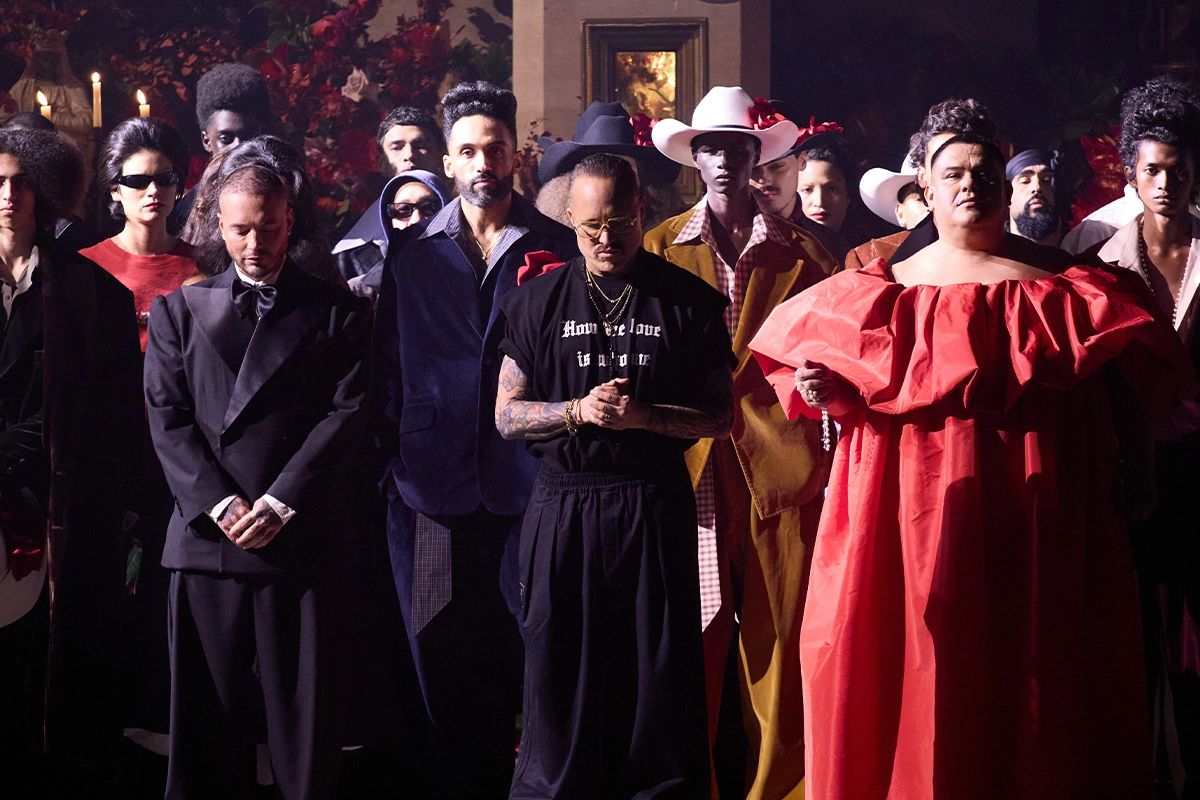
On Tuesday, October 24th, the trailblazing actor Richard Roundtree has passed away after being diagnosed with pancreatic cancer just two months ago. He was 81 years old. And if his influence wasn’t already crystal clear, the countless obituaries once again illustrate the impact the actor’s 50-plus-year career has had, on-screen and off.
That’s because long before Miles Morales’ Spider-Man, Black Panther or Blade shone on the big screen, Roundtree embodied cinema’s first black superhero in 1971: the original Shaft. “The cat who won’t cop out when there’s danger all about,” to quote Isaac Hayes from the movie’s Oscar-winning soundtrack, and the role that made Roundtree a star at the age of 29.
In the film of the same name, the fictional character John Shaft, rocking a mustache and revolver, is a private detective who makes his way with an undeniable swagger and pistol bullets while on a mission to rescue a Harlem mobster’s daughter from the hands of Italian mobsters.
While the plot appears rather ordinary these days, not even mentioning the disputable depiction of female characters, it wasn’t back then. Or as the lead actor himself told the New York Times at the time, Shaft is “a Black man who is for once a winner.” And the R-rated film was successful, which not only had an impact on the audience, but the film industry overall.
In the next two years, Roundtree revived the role in the films “Shaft’s Big Score” and “Shaft in Africa,” and even though the subsequent Shaft series on CBS only ran for seven weeks, the franchise left a lasting impact. Film critic Maurice Peterson summed it up in Essence Magazine at the time: Shaft was “the first picture to show a Black man who leads a life free from racial torment.”
Roundtree went on to star in countless productions to date, including the acclaimed mini-series “Roots”, “Se7en” from 1995, and “Desperate Housewives”. Two other films made for a full circle moment: when he starred in the two remakes of “Shaft” alongside Samuel L. Jackson and Jessie T. Usher, already white-bearded in the end, and cool as ever. It was the perfect reminder that Roundtree’s Shaft walked, so countless successors could run.
Rest in peace, Mr. Roundtree.



